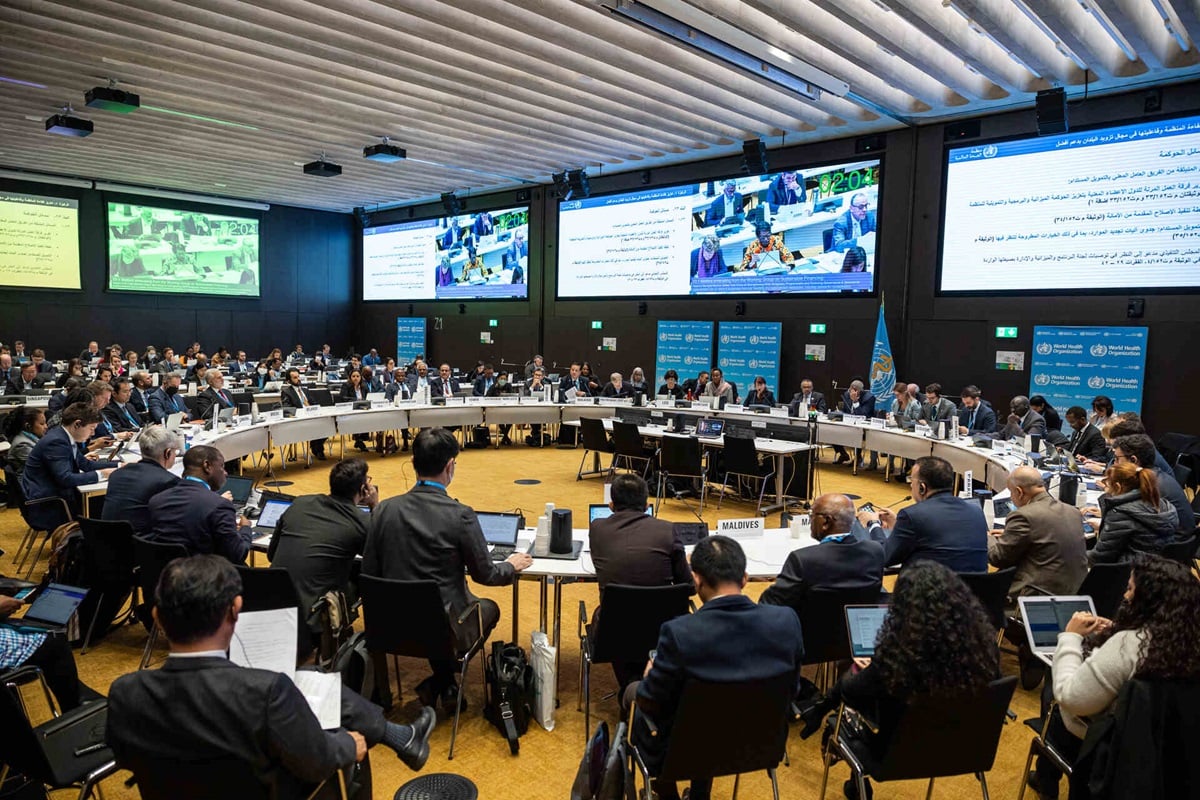WHO executive board discusses challenges to Universal Health Coverage (UHC), including financial constraints and healthcare worker shortages. Article examines member states’ concerns and WHO strategies to address these issues.
In its report to the board, the WHO estimated that over half of the world’s population is not covered by essential health services, and a quarter face financial hardship due to out-of-pocket health spending. For UHC to be implemented, there needs to be an increase in health funding, it needs to be used efficiently and equitably, the health and care workforce needs to be strengthened, and primary healthcare (PHC) needs to be expanded, according to WHO.”
WHO has found that the current expenditure on health is not adequate. ‘Emerging evidence shows increased financial hardship, especially among the poorest, with an uneven recovery post-2020/2021.
Rwanda, speaking on behalf of the 47 countries in the WHO African region, drew attention to the burden of debt repayments on poor countries. Malaysia that achieved UHC in the 1980s said it planned to further, ‘expand coverage to quality health services through primary healthcare [by] increasing funding, improving the distributions of primary healthcare facilities, ensuring adequately trained human resources for health and facilitating Public Private Partnership moving forward’. Maldives spoke of the challenges of continuing the high level of investment on healthcare as climate change and global conflicts hit its two main sources of income – tourism and fishing. Denmark, speaking on behalf of the European Union, expressed concerns over the lack of consensus on several issues, and Germany reiterated that comprehensive sexual and reproductive health and rights are an essential part of UHC.”
These excerpts highlight discussions around financial challenges, debt burdens, strategies for financing health services, and the importance of social health protection in achieving Universal Health Coverage.


